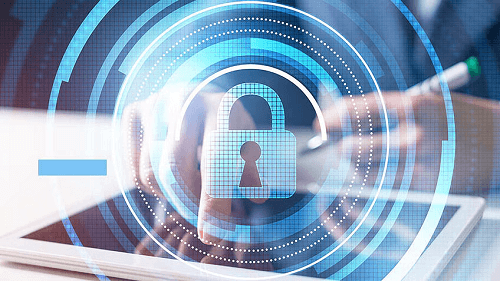Exploring the Impact of Digital Certificates on Data Security

Digital certificates are documents that prove a user’s or entity’s identity. They use encryption to secure data, protect networks, and authenticate users. In other words, they are essential for ensuring that data remains secure when transmitted across networks and shared between users. But what does this mean, and how do digital certificates help improve data security? Let’s look at how these certificates work and why they are necessary for protecting our data. So read on to learn more about these digital certificates!
How Digital Certificates Work
Digital certificates are issued by organizations known as Certificate Authorities (CAs). These CAs verify the identity of the user or entity applying for the certificate with various methods, such as a CSR certificate. This type of certificate is then stored in the user’s browser or computer to authenticate them whenever they access a secure website. The certificate also contains a public key used to encrypt data transmitted over the network.
This verification process usually involves confirming the user’s email address, phone number, physical address, or other forms of identification. Once the CA has verified that the applicant’s identity is legitimate, they will issue a signed certificate containing all the necessary information about the user or entity.
The CA also issues a private key to accompany each certificate they give. This private key encrypts data sent from one computer to another over a network connection. It ensures that only those with access to the corresponding public key (which is stored on the server) can decrypt any messages sent using this system. Only authorized users can access sensitive information from a network connection secured with digital certificates.
In addition to verifying identities and encrypting data transmissions, digital certificates ensure that websites are legitimate by verifying their domain names and ownership information before issuing them a certificate. This helps protect web visitors from phishing attacks—where malicious actors try to impersonate legitimate websites to steal personal information—by ensuring that all website owners have been adequately identified before being issued with their certificates.
Benefits of Using Digital Certificates
The main benefit of using digital certificates is improved security when transmitting sensitive information over a network connection or sending files via email attachments. By encrypting data transmissions with private keys generated by CAs, only those with access to the corresponding public keys can decrypt any messages sent using this system – making it virtually impossible for unauthorized users to gain access to sensitive information during transmission.
Additionally, by verifying website domains before issuing them with certificates, web visitors can be sure they are not being duped into entering their details into malicious sites set up by phishers looking to steal their identity or financial information.
In summary, digital certificates are needed to provide an extra layer of protection against cyber-attacks such as malware infections and phishing attempts – ultimately helping companies protect essential company data from falling into the wrong hands while safeguarding customer data from online fraudsters and hackers.
Conclusion:
Digital Certificates play an integral role in keeping our data safe when transmitted across networks or shared between users on different systems. They do this by verifying identities through Certificate Authorities (CAs), encrypting traffic with private keys generated by CAs for added security measures, and verifying website domains before issuing them with certificates, so customers know they’re visiting legitimate sites instead of malicious ones set up by phishers looking to steal their identity or financial information. Ultimately, digital certificates provide peace of mind knowing that our valuable company and customer data remains safe when transmitted across networks or shared between users on different systems – making them an invaluable asset in today’s increasingly connected world.



